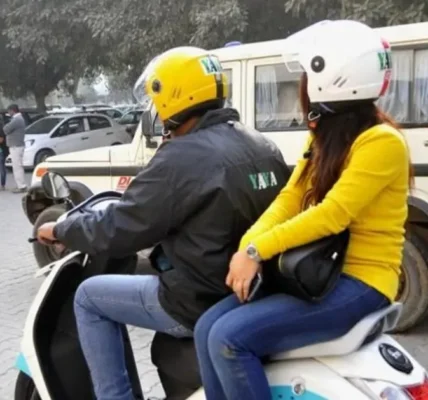India is considering tax cuts on the imports of completely-built units of electric vehicles, for a period of up to five years, as it tries to entice the likes of Tesla Inc. to sell and eventually make its cars in the country.
The Indian government is working on an electric vehicle policy that would allow international car manufacturers to import battery-powered vehicles on concessional duty rates if they commit to eventually building them in India, people familiar with the matter said.
A final decision is yet to be taken on the policy’s contours, the people said, asking not to be identified as the discussions are private. Spokespeople from India’s heavy industries and commerce ministries did not immediately respond to emails seeking comment.
In 2021, the Austin-based EV manufacturer had sought duty cuts on import of electric vehicles. It was hoping to have the rates reduced to 40% from the current range of 70%-100% for its vehicles, depending on their import value.
Tesla’s Chief Executive Officer Elon Musk is likely to meet Indian Trade Minister Piyush Goyal later this week to discuss the company’s plans to set up a factory in the South Asian nation. Goyal is in San Francisco to attend the ministerial engagements of Indo-Pacific Economic Framework and the Asia-Pacific Economic Cooperation.
Tesla is seeking to break into one of the world’s most promising auto markets where the demand for electric vehicles is rising among the country’s burgeoning middle class. For India, Tesla’s investment would aid the government’s push to increase the share of manufacturing in the nation’s GDP while also creating jobs.
India’s electric car market is currently at a nascent stage with EVs accounting for just 1.3% of the total passenger vehicles sold last year, according to BloombergNEF. The adoption of EVs in the country has been held back by the high cost of cars, a dearth of options and lack of charging stations.
Opening up the EV segment could speed up the adoption of cleaner transport in a country that currently has the world’s most toxic air. The government launched a $3.1 billion incentive program in 2021 to boost local EV production.







